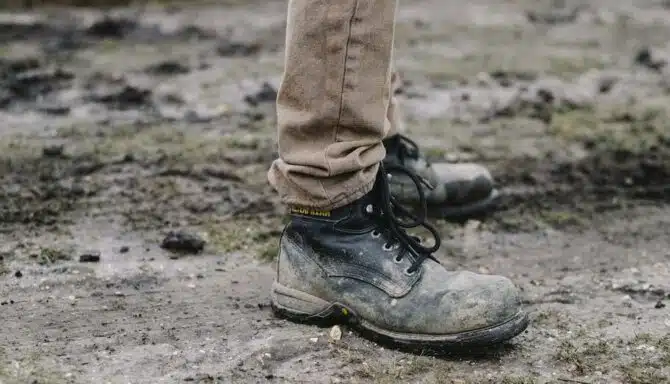Remembrance Day is a memorial day to remember the end of World War I and to commemorate all those who served during the war.
During WWI soldiers were subjected to horrible conditions in trenches and on the battlefield. On average, each soldier would spend 8 days in the front line and 4 days in the reserve. However, when a soldier was injured, another had to take their place and they could possibly spend around 30 days in the front line trenches.
Trenches were dug around 10ft deep and 6ft wide and in the spring and fall they would fill up with rain up to a soldier’s waist. During the harsh winter months, trenches did not provide a lot of shelter or warmth. Blankets and clothing were said to freeze, food became frozen and inedible and the frozen mud walls became hard as stone. Soldiers suffered from frostbite and exposure leading to amputations. Once the snow and mud started to thaw, it only escalated the muddy and wet conditions in the trenches similar to those in the warmer months. Along with thick mud and flooding, trenches were also infested with rodents and insects.
Prolonged exposure to moisture and unsanitary conditions lead to “trench foot”, which causes open sores, blisters, fungal nail and skin infection and eventually amputation due to gangrene.
In the early stages of war, the standard footwear of the British Army were known as “Ammunition boots” which were unlined ankle boots made out of tanned cowhide with an iron plate half sole that was fixed to the heel. They were designed to be durable but not comfortable nor waterproof.
Over the course of the war, due to the increasing number of British casualties caused by trench foot, trenches were constructed with better drainage and more importantly soldiers received improved waterproof footwear called the “Perishing boot”.
These boots were designed as an American combat boot and were made out of heavier leather, they had a thicker sole and several more hobnails and treatments to improve waterproofing.
The Perishing boot was also dubbed “Little Tanks” as the soldiers found the construction heavy and bulky but incidents of trench foot dramatically decreased.







